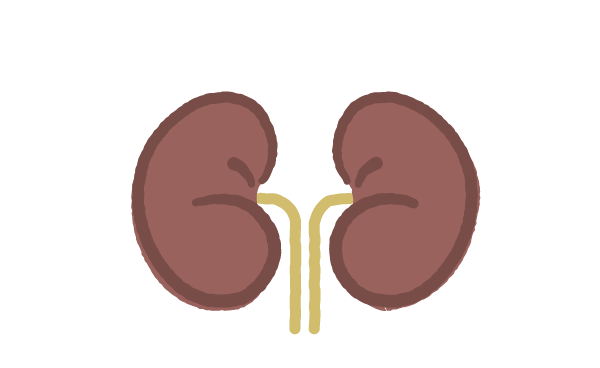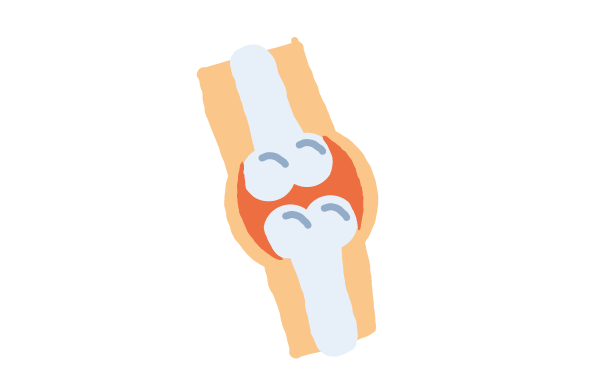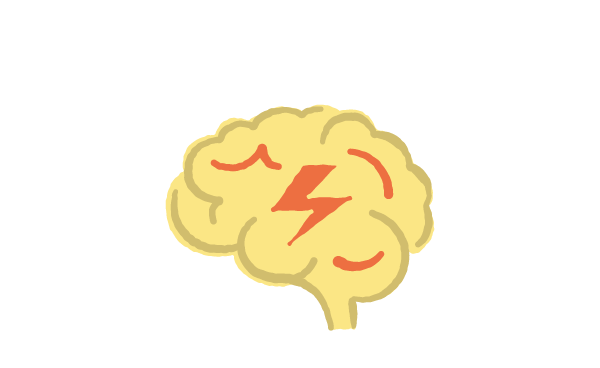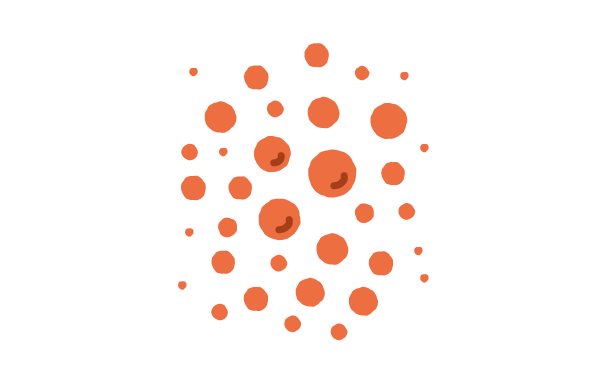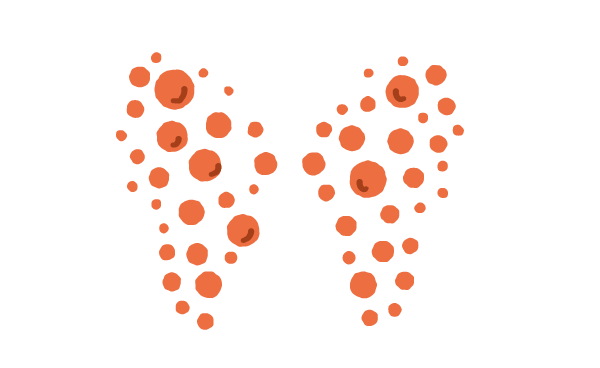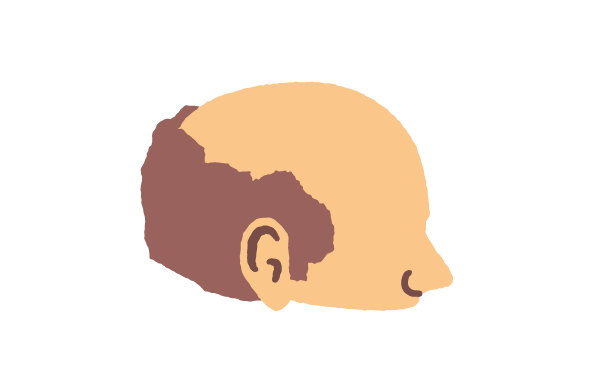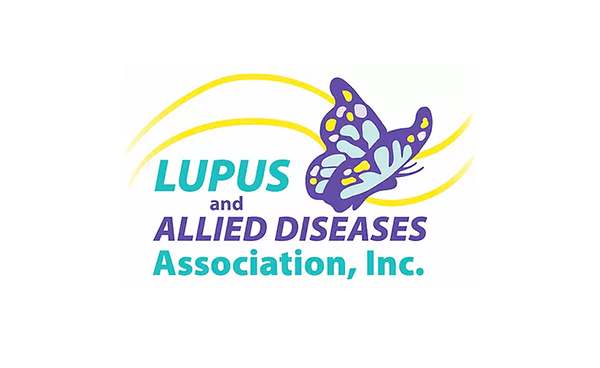Lupus
Learn about lupus and what we’re doing to help
Our lupus research
Research is needed to develop additional treatment options—treatments that have the potential to not only control, but also decrease the impact of the disease with relatively limited side effects.
An area of research that is being explored by scientists is the use of biologic therapy for people with lupus. A biologic therapy is designed to mimic proteins that naturally occur in the human body. In this way, a biologic can target specific parts of the immune system and prevent an overactive immune response. More research is needed to determine if biologic therapies can help people living with lupus. That’s why clinical trial volunteers are so important – to help us learn more about lupus and potentially develop new treatment options.
What could a Biogen lupus trial involve?
Before you join a trial, the trial team first confirm your eligibility with some health assessments. Then, if you’re eligible and choose to take part in a lupus trial, you’ll need to attend several appointments so that the trial team can closely monitor your health and condition with health assessments, such as:
To measure how your lupus is affecting your daily activities and mood
Areas of the body that have skin lesions related to lupus will be photographed at different time points throughout the trial and will be used to monitor your response to the investigational treatment
Other assessments will be involved. A full list of these, and all other requirements around taking part in a trial, would be fully discussed with you before you made a decision about whether to join a trial or not.
And remember, if you join a clinical trial, there are many rules and regulations in place to protect your rights, safety, welfare and personal data. You can learn more about this on the about clinical trials page.
What is the role of a caregiver in a lupus clinical trial?
Someone who cares for you, for example a partner, sibling, other family member, close friend, or professional caregiver, may take part in the trial with you. This may be to help you get to and from your appointments and support you throughout the trial. Or, they might be asked to help monitor any changes in your condition and report them to us. Visit our section on caregivers for more information about this role.
Why might lupus trials include a placebo group?
When researching potential new treatments for diseases, trials must compare the investigational drug with something in order to prove its effect. That’s why many lupus trials will have one or more groups of people taking the investigational drug and another group taking a placebo.
In some trials, participants – assigned to receive either the investigational drug or the placebo – may continue with their standard of care therapies.
How can I get involved?
To find new lupus treatment options, we must first test investigational drugs in clinical trials. But in the same way that diseases like lupus can impact groups of people in different ways, how medicine works in the body can also vary for people of different races and ethnicities. That’s why it’s so important that we have diverse representation of all people in our clinical trials.
You can learn more about the importance of diversity in clinical trials, and Biogen’s efforts to make an impact, here.
Recruiting lupus trials:
Click to view full study details including trial locations.
Biogen is also pursuing the development of potential new treatments through collaborations with other companies. You may not find those trials on Biogen Trial Link. To learn more about these collaborations, please visit our pipeline page on biogen.com.



